
Gay Discrimination Lawsuit: Seeking Justice in the Fight for LGBTQ+ Equality
In recent years, more and more individuals have stepped forward to file a gay discrimination lawsuit, challenging unlawful treatment in the workplace, healthcare settings, housing, and other public services. While legal protections for LGBTQ+ individuals have expanded—especially in employment thanks to landmark rulings—discrimination remains a serious issue across the United States.
Filing a gay discrimination lawsuit is often not just about personal justice. It’s about holding institutions accountable, setting legal precedents, and affirming the dignity of LGBTQ+ people under the law. In this blog, we’ll explore what these lawsuits involve, highlight key LGBTQ discrimination cases at the Supreme Court, and answer the most common questions about pursuing legal action.
What Is a Gay Discrimination Lawsuit?
A gay discrimination lawsuit is a legal case brought by someone who believes they have experienced unfair or unequal treatment based on their sexual orientation. These lawsuits can address a wide range of injustices, including:
- Workplace discrimination: Being denied a promotion, fired, or harassed because of being gay.
- Housing discrimination: Being refused a lease or mortgage due to sexual orientation.
- Healthcare discrimination: Receiving substandard or denied medical care because of perceived or actual sexual orientation.
- Public accommodation issues: Being refused service or entry to businesses, hotels, or other public spaces.
Under U.S. civil rights law and various state statutes, individuals can seek compensation, reinstatement, or policy changes through the court system.

LGBTQ Discrimination Cases at the Supreme Court: Setting the Legal Standard
Some of the most important victories in LGBTQ+ history have come from LGBTQ discrimination cases at the Supreme Court, which have helped define what protections exist under federal law. These cases have shaped the framework under which a gay discrimination lawsuit may be filed and adjudicated today.
Advertisement · Scroll to continue
Recommended
Notable Cases Include:
- Bostock v. Clayton County (2020)
This landmark case held that Title VII of the Civil Rights Act of 1964 protects employees from discrimination based on sexual orientation or gender identity. It opened the door to stronger LGBTQ workplace discrimination protections nationwide. - Masterpiece Cakeshop v. Colorado Civil Rights Commission (2018)
Although the ruling favored the business on narrow grounds, the case spotlighted the tension between religious liberty and anti-discrimination rights. - 303 Creative LLC v. Elenis (2023)
In this recent decision, the Court sided with a business owner who refused to provide creative services for same-sex weddings, citing First Amendment rights. The ruling raised concerns about weakening public accommodation protections.
These LGBTQ discrimination cases at the Supreme Court show both progress and the challenges that remain in enforcing full equality.

Frequently Asked Questions About Gay Discrimination Lawsuits
Q: How do I know if I have grounds for a gay discrimination lawsuit?
You may have a valid claim if you’ve been treated unfairly or differently in a setting where anti-discrimination laws apply—especially if you’ve been denied a job, housing, medical service, or public accommodation based on your sexual orientation.
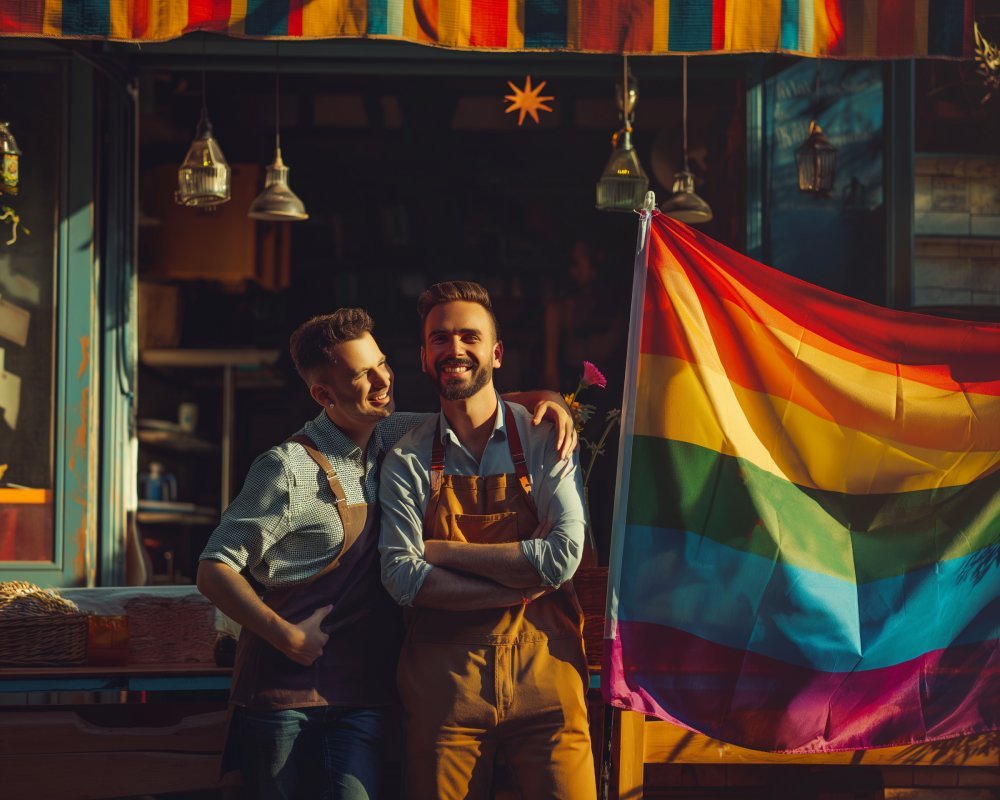
Advertisement · Scroll to continue
Recommended
Q: What proof do I need to file a gay discrimination lawsuit?
Gathering evidence is essential. This can include emails, text messages, eyewitness accounts, personnel files, or patterns of behavior that demonstrate bias or unequal treatment. Keeping a detailed written record of each incident is also helpful.
Q: Can I afford to take legal action?
Many civil rights attorneys work on a contingency basis, meaning they only get paid if you win. Additionally, legal aid organizations, such as Lambda Legal or the ACLU, may offer free support for eligible LGBTQ+ individuals pursuing a gay discrimination lawsuit.
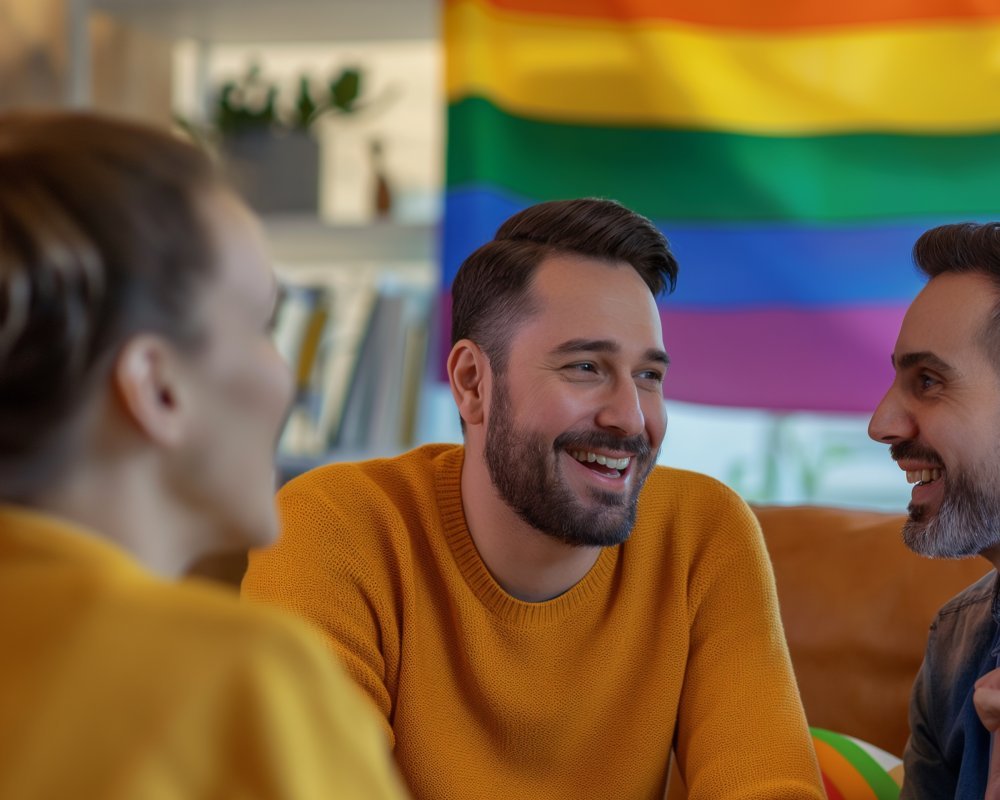
Tips for Filing a Gay Discrimination Lawsuit
1. Know Your Rights
Before pursuing legal action, it’s important to understand your rights under local, state, and federal law. This will help you determine whether the discrimination you experienced is actionable. Resources from LGBTQ+ legal organizations can help clarify these rights.
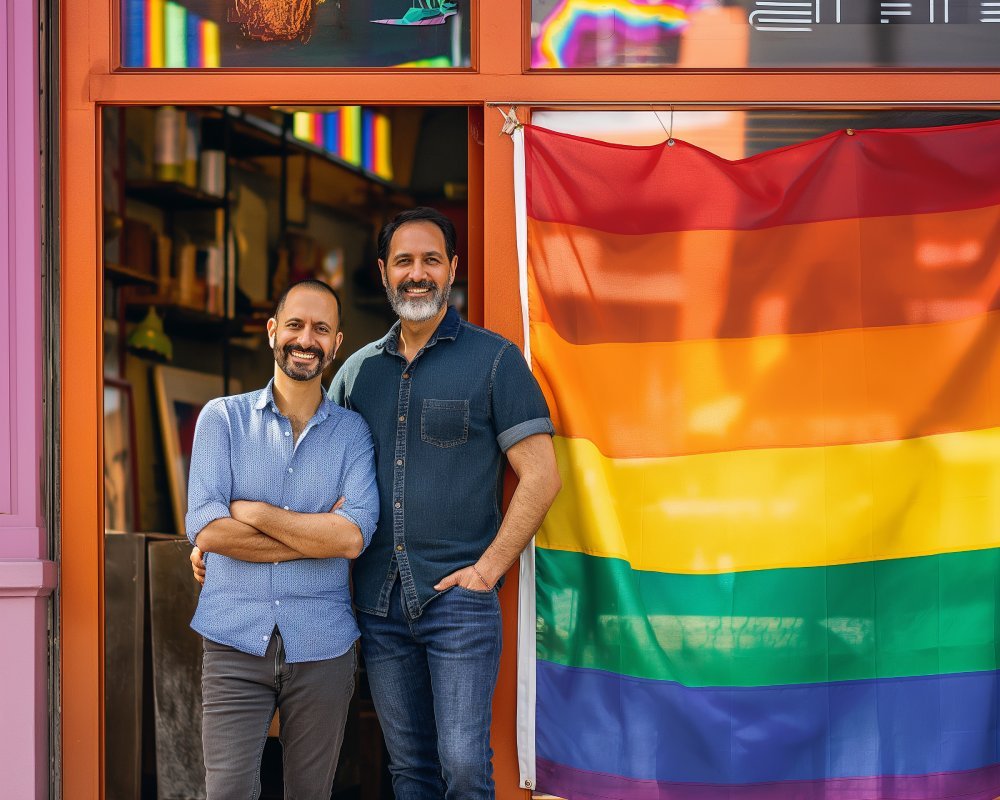
2. File a Complaint First
In many cases, you must file a complaint with a government agency before you can file a lawsuit. For workplace issues, this usually means filing with the Equal Employment Opportunity Commission (EEOC). For housing discrimination, the U.S. Department of Housing and Urban Development (HUD) may be involved.
3. Consult with an LGBTQ+-Affirming Attorney
Choose an attorney with experience in civil rights or LGBTQ+ legal advocacy. They can assess your case, help gather evidence, and represent you in negotiations or court.
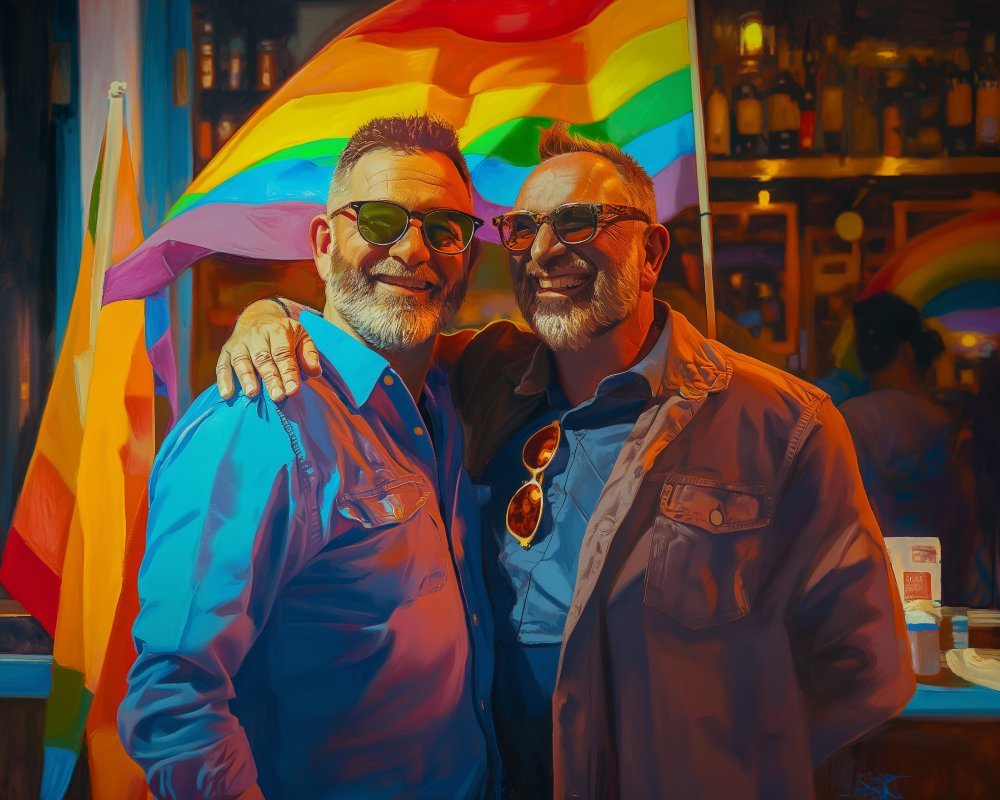
4. Document Everything
Start a log of incidents, communications, and responses. Include times, dates, names, and locations. In a gay discrimination lawsuit, documented patterns of behavior can be compelling to a judge or jury.
5. Be Prepared for the Emotional Toll
Litigation can be long and emotionally taxing. Support from friends, family, and community organizations is crucial. Many people find strength in knowing their actions may prevent future discrimination against others.
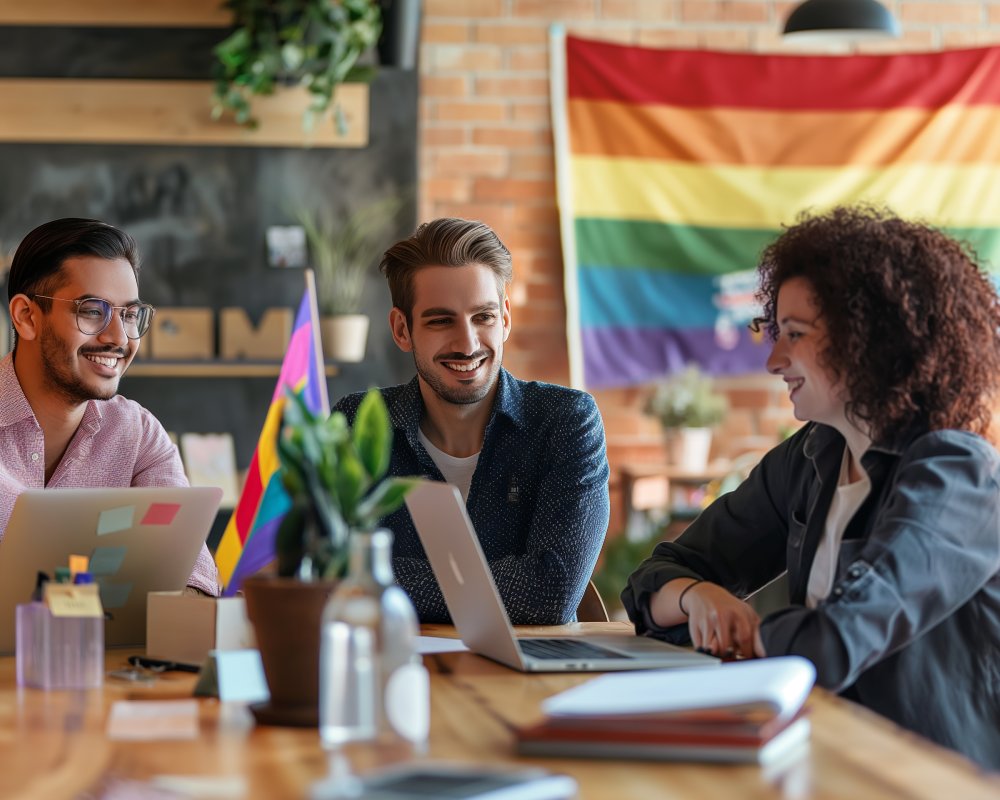
The Broader Impact of a Gay Discrimination Lawsuit
Every time someone files a gay discrimination lawsuit, they contribute to systemic change. These cases bring attention to overlooked injustices, push lawmakers to close legal loopholes, and help expand awareness about LGBTQ+ rights.
Many civil rights movements—from racial equality to disability justice—have relied on individual lawsuits to build precedents and force change. In the LGBTQ+ community, each case can set new boundaries for what is considered unacceptable treatment.
Additionally, media coverage of lawsuits often creates public pressure for institutions and businesses to update policies, train staff, and improve their practices around inclusivity and equity.
The Role of the LGBTQ+ Community and Allies
As the legal landscape evolves, solidarity and support remain vital. Here’s how our community and allies can support those pursuing a gay discrimination lawsuit:
- Raise Awareness: Share stories of LGBTQ+ legal battles and victories to normalize discussion and reduce stigma.
- Support Local Policy Changes: Advocate for stronger state and local anti-discrimination laws to close the gaps federal law may miss.
- Protect Whistleblowers: Encourage safe spaces for LGBTQ+ people to speak out about abuse or discrimination in their environments.
- Fund Legal Aid: Support organizations offering free or low-cost legal services to those who need help navigating discrimination claims.
Justice is not just a legal process—it’s a community effort.
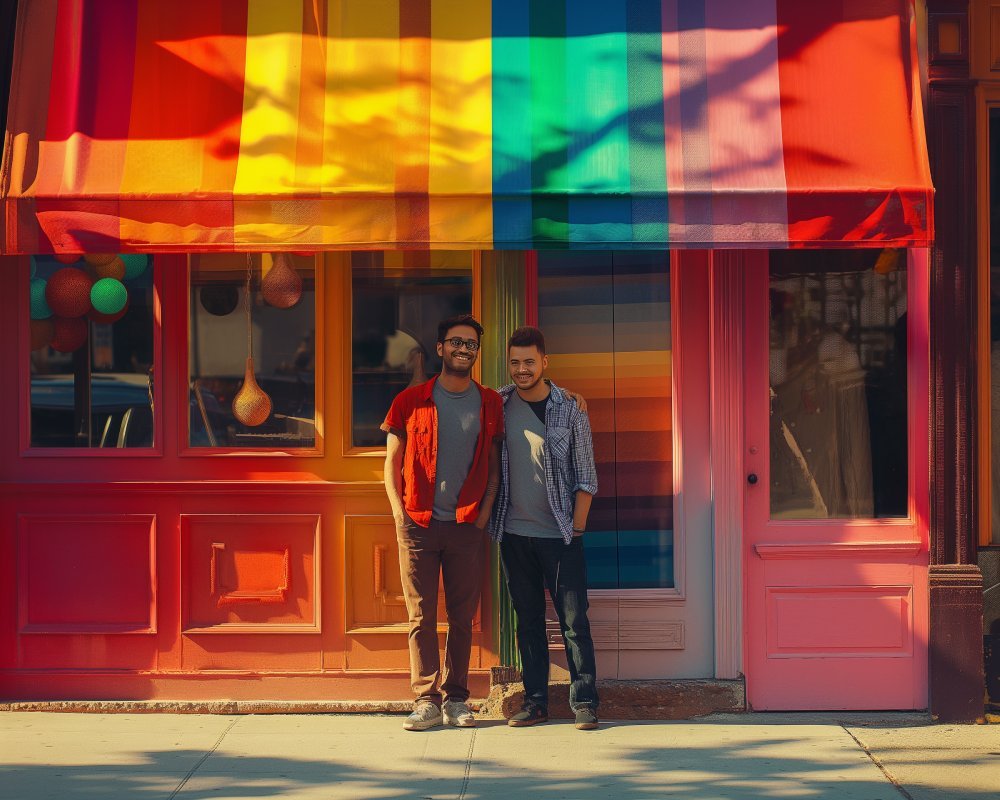
Final Thoughts: Fighting for Justice, One Case at a Time
Filing a gay discrimination lawsuit is never easy. It often means revisiting painful experiences, facing institutional pushback, and stepping into the public eye. But these lawsuits are also powerful acts of courage and resistance.
They remind the world that LGBTQ+ people will not accept second-class treatment. They affirm that equal protection under the law must include all of us. And they inspire others who have suffered in silence to step forward and seek justice.
At Gay Thrive, we believe in amplifying these voices, supporting legal advocacy, and building a future where no one has to fight alone. If you’re considering legal action or want to support someone who is—know that your courage matters, and change is possible.
Advertisement · Scroll to continue

More Recommended
What Is the Best Way to Support Gay Youth?
What Is the Best Way to Support Gay Youth? – Supporting gay youth is crucial [...]
Inclusivity in Marketing: The Rise of Lesbian-Owned Businesses
Inclusivity in Marketing: The Rise of Lesbian-Owned Businesses As the LGBTQ+ community continues to make [...]
Best Gay Nude Beaches Around the World
Best Gay Nude Beaches Around the World – Exploring the world and absorbing the sun [...]
Gran Canaria Gay Scene: Where to Stay & Play
Gran Canaria Gay Scene: Where to Stay & Play – Nestled in the Atlantic Ocean, [...]
Inclusivity in Action: How Lesbian-Owned Businesses are Championing Diversity in Advertising
How Lesbian-Owned Businesses are Leading the Way In today’s increasingly diverse society, representation and inclusivity [...]
Top Lesbian Travel Groups, Ultimate Guide
Top Lesbian Travel Groups: Your Ultimate Guide to LGBTQ+ Adventures Around the World Top Lesbian [...]
San Francisco LGBTQ+ Guide: What to Do & See
San Francisco LGBTQ+ Guide: What to Do & See – San Francisco is a vibrant [...]
What is a powerful quote about gender equality? Top 12 Quotes
What is a powerful quote about gender equality? Top 12 Quotes – Certainly! Here is [...]
Compare LGBT Rights in Israel & Palestine
Compare LGBT Rights in Israel & Palestine The legal and social landscapes for LGBTQ+ rights [...]